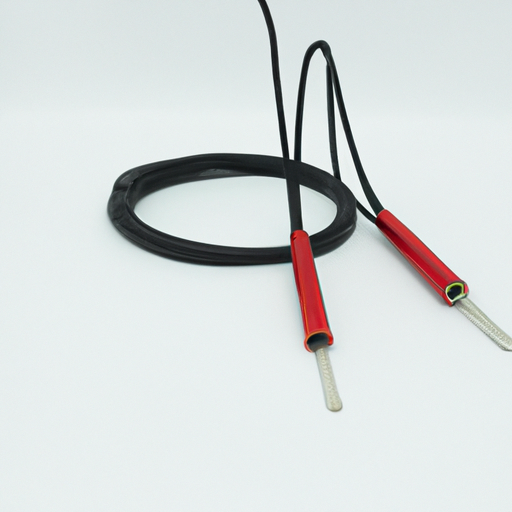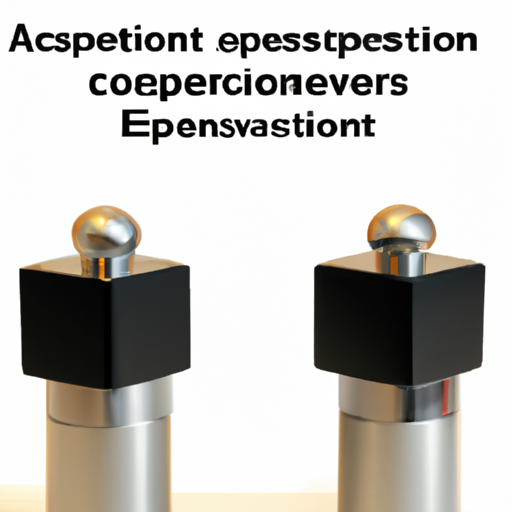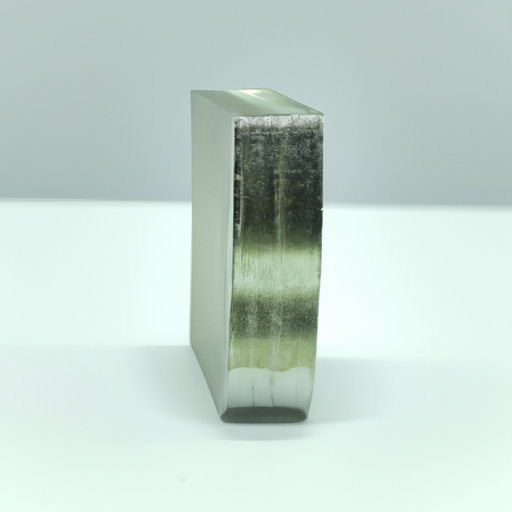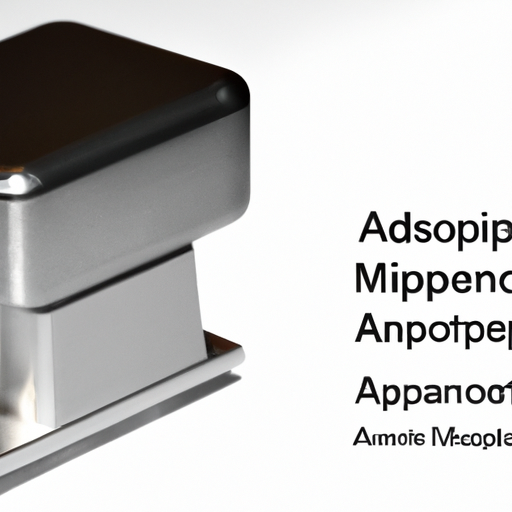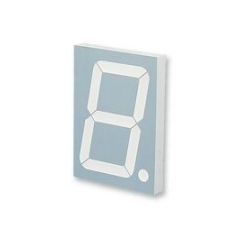CFR-25JB-52-110R Thermocouples, Temperature Probes highlighting the core functional technology articles and application development cases of Thermocouples, Temperature Probes that are effective.
Overview of Thermocouples and Temperature Probes
Thermocouples are essential temperature sensors that leverage the thermoelectric effect to measure temperature variations. The CFR-25JB-52-110R is a specific model designed for diverse industrial applications, showcasing the versatility of thermocouples in various environments, from manufacturing to HVAC systems.
Core Functional Technology
1. Thermoelectric Effect: The operation of thermocouples is based on the Seebeck effect, where a voltage is generated at the junction of two dissimilar metals when subjected to a temperature gradient. This voltage is directly proportional to the temperature difference, allowing for accurate temperature readings.
2. Types of Thermocouples: Thermocouples are categorized into different types (e.g., Type K, J, T, E, N, R, S, B), each with unique characteristics suited for specific temperature ranges and applications. The CFR-25JB-52-110R is likely optimized for particular industrial needs, providing reliable performance in its designated temperature range.
3. Construction: The design of thermocouples involves the junction of two metal wires, which can be insulated or uninsulated based on the application requirements. The CFR-25JB-52-110R may utilize specific materials and insulation types to enhance its durability and measurement accuracy, making it suitable for harsh environments.
4. Signal Processing: The small voltage output (in millivolts) from thermocouples necessitates signal conditioning and amplification for precise temperature measurement. Modern thermocouples often incorporate digital signal processors, enabling enhanced accuracy, data logging, and integration with other systems.
5. Calibration: To ensure accurate temperature readings, thermocouples must be calibrated against known temperature standards. This process is crucial for maintaining precision in various applications, from industrial processes to laboratory experiments.
Application Development Cases
1. Industrial Automation: In manufacturing, thermocouples like the CFR-25JB-52-110R are vital for real-time temperature monitoring of machinery and products. This capability helps maintain optimal operating conditions, preventing overheating and potential equipment failures.
2. Food and Beverage Industry: Temperature probes are critical for ensuring food safety and quality. Thermocouples monitor cooking temperatures, storage conditions, and pasteurization processes, ensuring compliance with health regulations and enhancing product quality.
3. HVAC Systems: In heating, ventilation, and air conditioning systems, thermocouples are employed to monitor and control temperatures across various components. This ensures energy efficiency and comfort in indoor environments, contributing to overall system performance.
4. Research and Development: In laboratory settings, thermocouples are used for precise temperature control in experiments involving chemical reactions, material testing, and thermal analysis. The CFR-25JB-52-110R can be integrated into experimental setups, providing accurate data collection for research purposes.
5. Automotive Testing: In the automotive sector, thermocouples monitor engine temperatures, exhaust systems, and other critical components. This data is essential for performance testing and ensuring compliance with emissions standards, contributing to vehicle safety and efficiency.
6. Renewable Energy: In solar thermal systems, thermocouples are utilized to monitor fluid temperatures in solar collectors, optimizing energy capture and improving overall system efficiency. This application is crucial for enhancing the performance of renewable energy technologies.
Conclusion
Thermocouples, including the CFR-25JB-52-110R model, play a pivotal role in a wide array of applications due to their reliability, accuracy, and versatility. Their ability to provide real-time temperature data makes them indispensable in industrial automation, food safety, HVAC systems, research, automotive testing, and renewable energy applications. As technology continues to evolve, the integration of thermocouples with digital systems and IoT devices will further enhance their functionality and broaden their application scope, paving the way for innovative solutions in temperature measurement and control.

